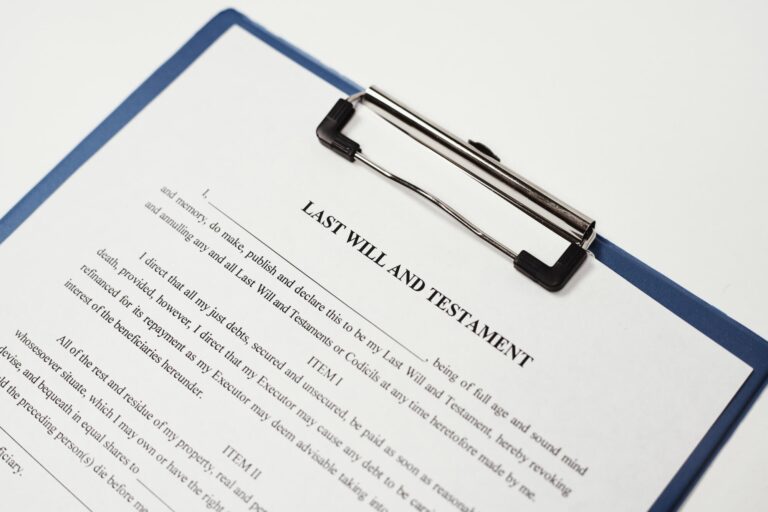Planning your estate can feel overwhelming, especially when deciding between a will and a trust.
While both are essential estate planning tools, they serve different purposes. Understanding the difference between a will and a trust can help you make informed decisions for yourself and your loved ones.
What Is a Will?
A will is a legalized document that guides how you want your assets distributed after your death. It allows you to name beneficiaries for your property and designate a guardian for minor children or more like an inheritance management. You can also appoint an executor- someone responsible for carrying out the terms of your will.
One significant aspect of a will is that it only goes into effect after you pass away. It must also go through a legal process known as probate, where a court oversees the distribution of your assets and settles any debts or disputes.
What Is a Trust?
A trust is a permissible arrangement that allows a trustee to manage assets on behalf of beneficiaries. Unlike a will, a trust can take effect during your lifetime or after your death, depending on the type you create. There are two primary types of trusts:
Revocable Trust
This trust can be changed or revoked during your lifetime. It helps avoid probate and offers flexibility in managing your assets.
Irrevocable Trust
Once created, this trust cannot be modified without the beneficiaries’ consent. It provides asset protection and potential tax benefits.
Trusts are often used to protect assets, manage them efficiently, and ensure a smoother transition of wealth. They are especially beneficial for individuals with significant assets, blended families, or specific goals for distributing their property.
Key Difference Between a Will and a Trust
The main difference between a will and a trust lies in how and when they take effect:
Timing
A will only comes into effect after your death, meaning it has no legal power while you are alive. In contrast, a trust can take effect during your lifetime (in the case of a revocable or living trust) or after your death, depending on how it is set up.
Probate
go through probate, which can be time-consuming and costly. Trusts, on the other hand, generally avoid probate, ensuring privacy and faster asset distribution.
Control
Trusts offer more control over how and when beneficiaries receive assets, making them ideal for complex financial situations or long-term plans.
Complexity and Cost
Wills are typically simpler and less expensive to create than trusts. However, trusts may save money in the long run by avoiding probate and minimizing taxes.
Which One Is Right for You?
Choosing between a will and a trust depends on your specific needs and goals. A will is often sufficient for individuals with straightforward estates. If you have minor children, you’ll also need a will to name their guardian.
A trust, however, may be the better option if you want to avoid probate, provide detailed instructions for asset distribution, or protect your wealth for future generations. Consulting a trusts lawyer can help you evaluate your options and create a comprehensive estate plan tailored to your situation.
Why Understanding the Difference Between a Will and a Trust Matters
Understanding the difference between a will and a trust is crucial for making the best decisions for your estate plan. Working with an experienced trusts lawyer can simplify the process and ensure your assets are managed and distributed according to your wishes.

